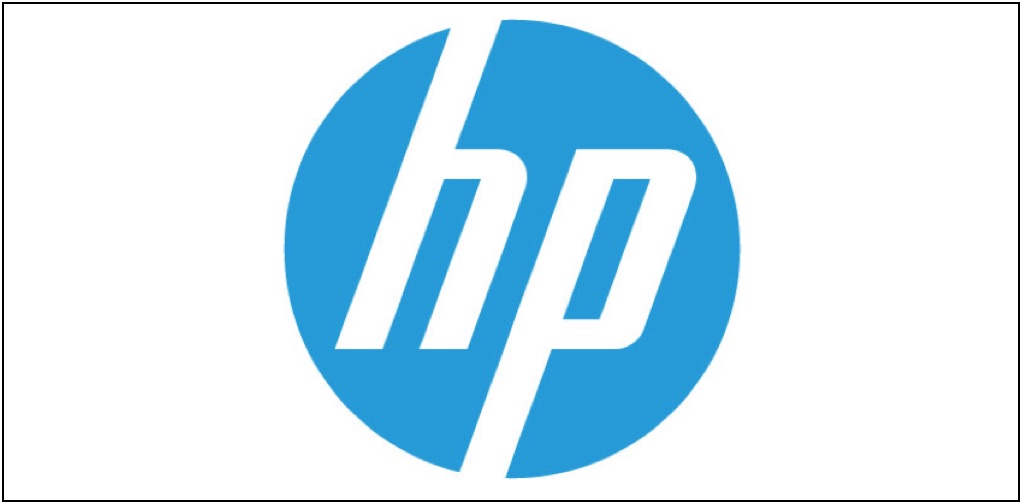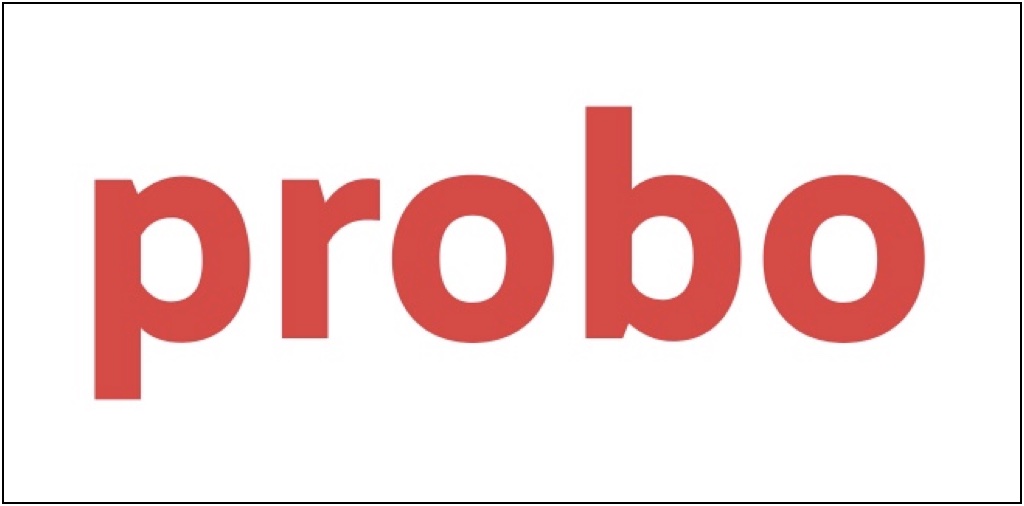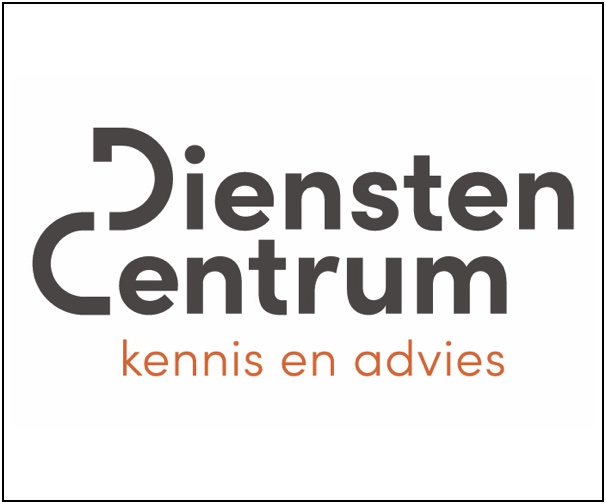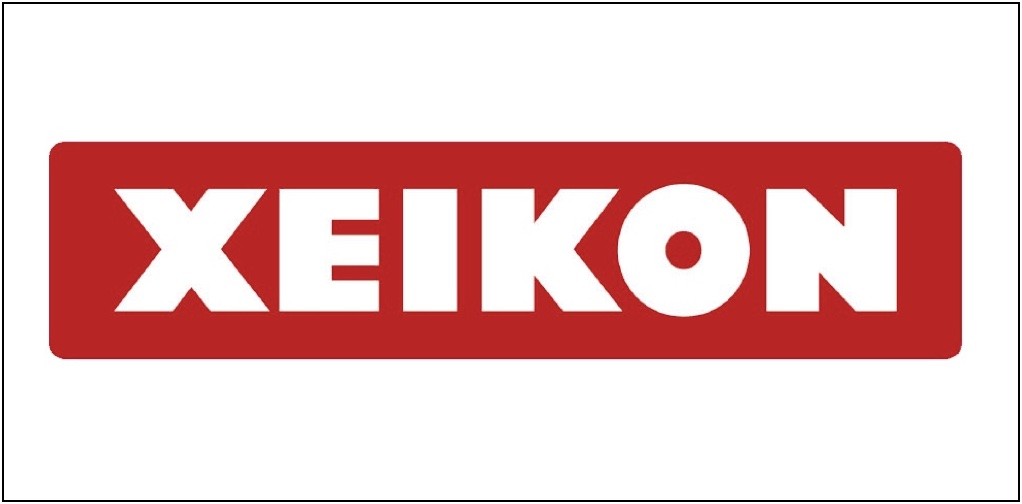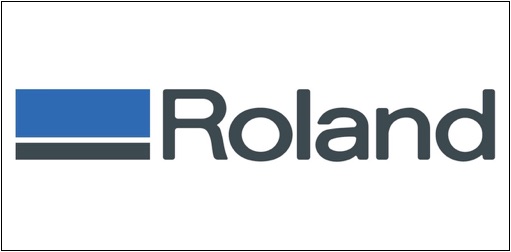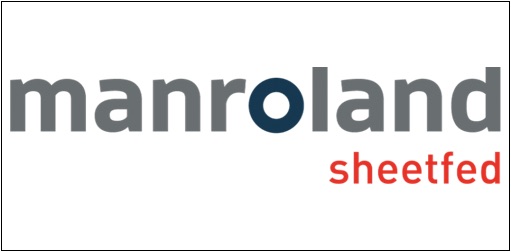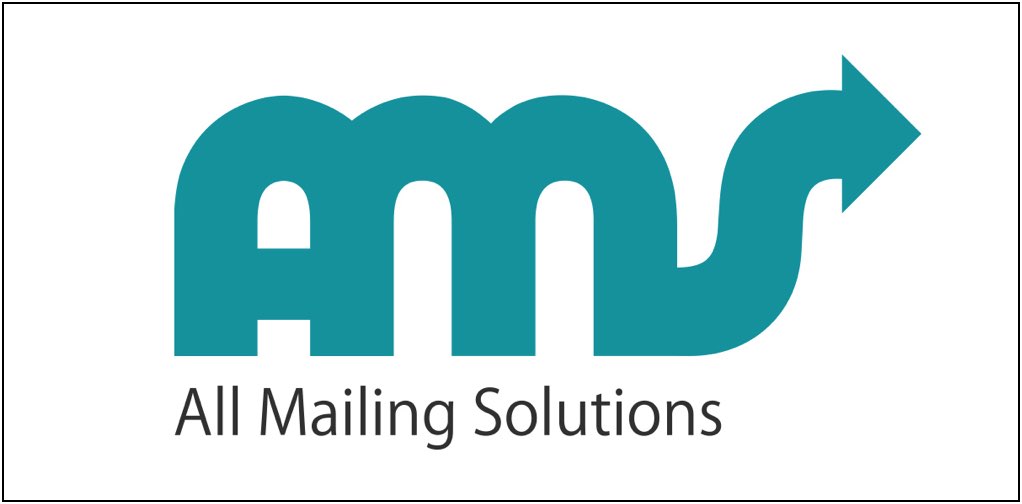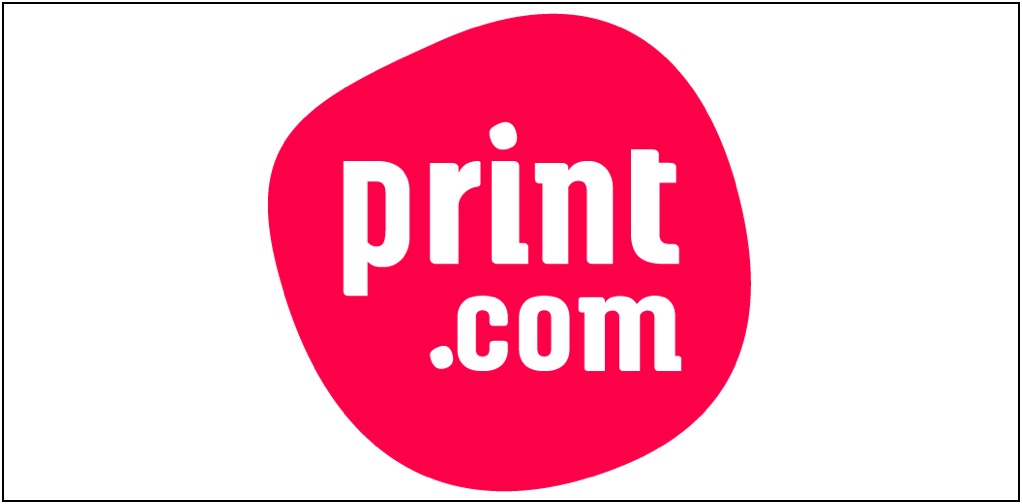Lignin, a byproduct of paper production, can replace phenol for 100%
 According to scientists the production of paper produces a by-product, lignin, that could potentially completely replace phenol, a petroleum product. Phenol is what is used to bind wood fibres. Lignin is currently a byproduct which is being burned to generate fuel. Researchers at the Mississippi State University have been able to 100% replace phenol by lignin in the production of plywood. Up to know it was only able to do so for up to 50%. With this solution the production of paper is a lot more sustainable. Read more about this research in the RISI-info article below.
According to scientists the production of paper produces a by-product, lignin, that could potentially completely replace phenol, a petroleum product. Phenol is what is used to bind wood fibres. Lignin is currently a byproduct which is being burned to generate fuel. Researchers at the Mississippi State University have been able to 100% replace phenol by lignin in the production of plywood. Up to know it was only able to do so for up to 50%. With this solution the production of paper is a lot more sustainable. Read more about this research in the RISI-info article below.
PRESS RELEASE
Lignin can make building materials less toxic, replaces petroleum – MSU study
A collaborative study by Mojgan Nejad, MSU forestry, proves that lignin, a byproduct of paper and bioethanol production, can completely replace phenol in phenolic adhesive formulation. This research directly impacts housing manufacturing by introducing biobased adhesives made of lignin, a renewable resource, instead of petroleum-based phenol.Nejad’s research is the first instance showing the 100 percent successful substitution of phenol with lignin. For the last 30 years, researchers have been attempting to fully replace phenol in phenol-based glues. However, only partial replacement, up to 50 percent, was possible. The research team was successful in testing plywood samples made of developed resin. When compared to commercial petroleum-based adhesives, the plywood made of lignin-based adhesives exhibited similar shear strength under both wet and dry conditions.“Our work has opened up an opportunity for the waste generated through bioethanol processes to create adhesives for engineered wood products,” Nejad said: “This will help the housing market to be less dependent on petroleum-based raw materials.”Phenol-formaldehyde resins are commonly used to manufacture construction materials such as: plywood, oriented strand board, or OSB, and laminated veneered lumber. These items make up components of roofs, kitchen cabinets, furniture, wood floors and more. Downsides of phenol-based adhesives include that they are petroleum-based. This means that production costs can fluctuate with changes in the price of oil. Additionally, chronic exposure to phenol can have health risks for workers in manufacturing plants.Lignin is an ideal substitute because it’s considered a waste product. Isolated lignin is mostly discarded or burned to generate fuel for manufacturing. Lignin is the most abundant aromatic polymer, which makes up about 30 percent of the dry mass of plants. Nejad and collaborators have proved that it can be repurposed into green building products to replace phenol in commonly used glues.Replacing 100 percent of phenol with lignin significantly improves the percentage of renewable raw materials. It creates a new generation of bio-based adhesives, improves working conditions for manufacturers and provides employment opportunities for biorefineries.“Many major pulp and paper and bioethanol producers are keen to find applications for their lignin,” Nejad said: “We are moving to a paperless society. We can keep the jobs within the pulp and paper industry if we can introduce new products for biomass. This is one of the ways to keep the industry in business and maintain jobs in these plants.”Researchers from Mississippi State University and University of Toronto also contributed to this study. The project was funded by Poet LLC.
De trainingen voor 2022 staan gereed. Kijk voor het volledige online aanbod van bestaande- en nieuwe trainingen op de website.
BLOKBOEK.COM EN PRINTMEDIANIEUWS: HET OPTIMALE DOELGROEP BEREIK





